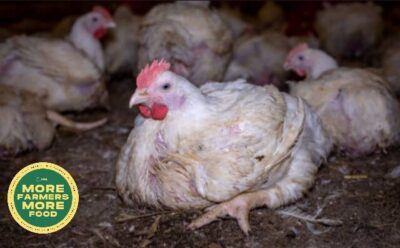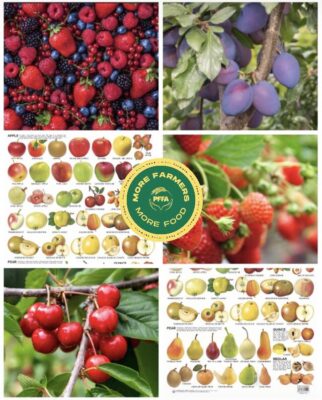Dandelions: Pesky Weed or Helpful Friend?
In this Article...
A short discussion about regarding dandelions in a new light.
Dandelions are often seen as an annoying weed that we try to get rid of from our gardens and lawns. However, dandelions actually have numerous health benefits and can be a valuable addition to any vegetable garden.
Firstly, dandelions are a great source of vitamins and minerals. They are particularly rich in vitamins A, C, and K, as well as iron, calcium, and potassium. Dandelions are also high in antioxidants, which can help reduce inflammation and prevent chronic diseases. In addition to being nutritious, dandelions have also been used for medicinal purposes for centuries. They have traditionally been used to support liver and kidney health, as well as to aid in digestion and support healthy blood sugar levels.
But what about their role in the vegetable garden? Many gardeners see dandelions as a nuisance that competes with their crops for nutrients and space. However, dandelions can actually benefit your garden in several ways.
For starters, dandelions are great for attracting pollinators like bees and butterflies to your garden. This can help improve the overall health and productivity of your garden, as many crops rely on pollinators to produce fruit. Dandelions can also help improve the health of your soil. Their deep taproots can help break up hard soil and bring nutrients up from deep in the ground. When the dandelions die back, their roots will decompose and add organic matter to the soil, which can help improve its structure and fertility. Also, dandelions can also serve as a natural pest deterrent. They exude a milky sap that can be bitter and unappealing to some pests like aphids, making them less likely to feed on nearby plants.
Of course, if you’re worried about dandelions taking over your garden, there are ways to control their growth without resorting to chemical herbicides. One option is to simply pull them up by hand when they appear, but make sure to remove as much of the root as possible. You can also use a hoe to make it easier to remove the dandelions. Additionally, you could mow them down before they have a chance to flower and spread their seeds.
Another option is to harvest the dandelions and use them in your cooking. The leaves can be used in salads or cooked like spinach, while the flowers can be made into dandelion wine. This not only helps control their growth but also provides you with a tasty and nutritious addition to your meals.
If you do decide to keep dandelions in your garden, there are a few things to keep in mind. Make sure they are planted away from any plants that might be sensitive to competition for nutrients or water. You may also want to consider planting them in containers or raised beds to prevent them from spreading too far.
In conclusion, dandelions may not be everyone’s favourite plant, but they offer numerous health benefits and can be a valuable addition to any vegetable garden. They can attract pollinators, improve soil health, and serve as a natural pest deterrent. So next time you see a dandelion in your garden, consider leaving it be or even harvesting it for a delicious and nutritious meal.



